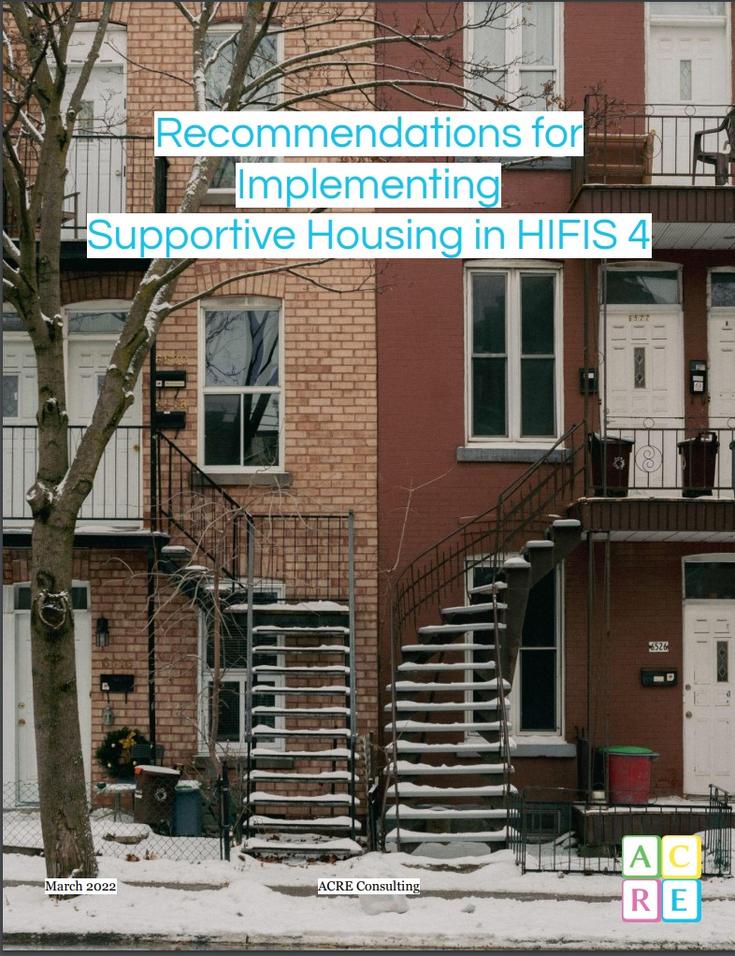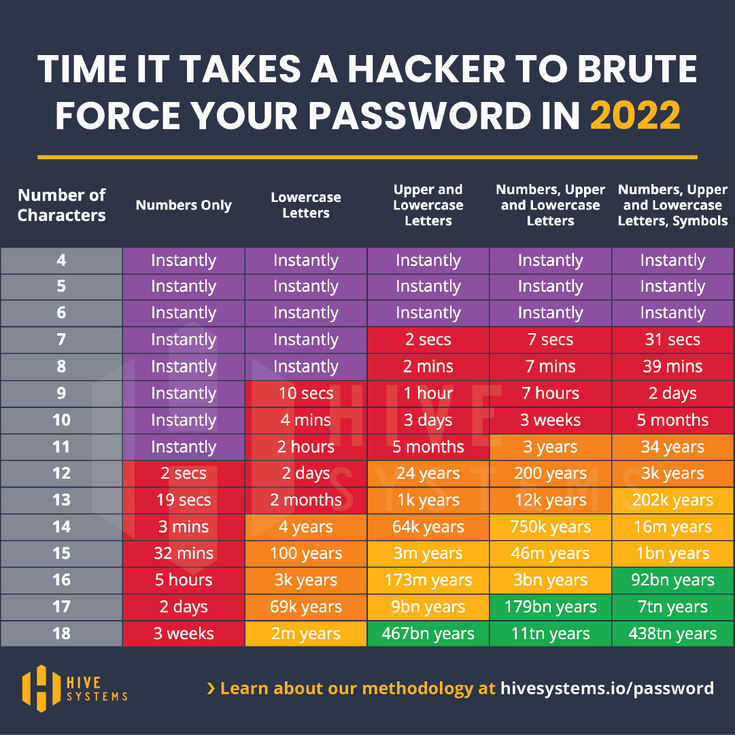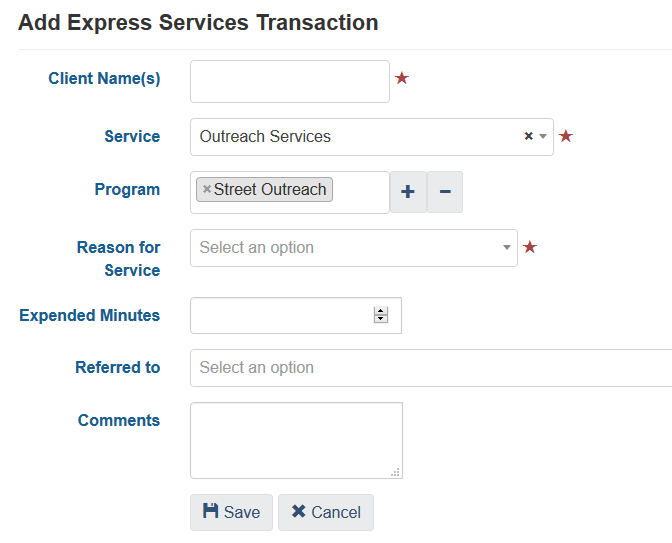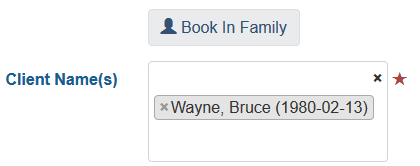All posts
Announcements
Reaching Home
Legal and Privacy
Custom Tables
Tips and Tricks
HIFIS Training
Feature Guide
Data and Reporting
Third Party Tools
Change Managment

In the spring of 2021, the Canadian Alliance to End Homelessness and ACRE Consulting, having recently submitted a proposal for a new shelter diversi…Read more

Tips and Tricks · Mar 4, 2022
Passwords & Account Security
Several years ago, we wrote about a new feature (new in version 4.0.52!) that allowed for more secure passwords in HIFIS, with more options for cust…Read more

Feature Guide · Dec 2, 2021
New Feature: Clone Users
In HIFIS 4.0.59.5 (December 2021), there's a new feature that allows you to clone an existing user. (If this sounds familiar, that's because we post…Read more

Now that HIFIS version 4.0.59 is out and has been widely adopted, several communities have come to me asking for customized By-Name Lists (or Priori…Read more

Update: As of HIFIS 4.0.60.1 and 4.0.60.5, there are new features related to outreach in HIFIS. We’re leaving this post up, in case you’re intereste…Read more

Announcements · Jul 16, 2021
Diversion in HIFIS 4: Recommendations Report
The HIFIS 4 Working Group meeting in September 2020 confirmed shelter diversion as one of the top priorities for new features. This builds on previo…Read more
HIFIS Training · Nov 17, 2020
Simple Training Time Calculator
When delivering just-in-time training - that is, trying to train all your new users before a HIFIS 4 launch, it can be a bit confusing to try to fig…Read more

Data and Reporting · Jul 24, 2020
Data Dive: Average Length of Stay for Families
Occasionally, I get asked by someone what is the average length of stay for families (as opposed to singles) in their shelter system. On the surface…Read more

Data and Reporting · Jun 5, 2020
Let's talk about Chronic Homelessness
Let me ask a question: how do you calculate chronic homelessness? We know that the federal definition is 6 months in the past year or 18 months in t…Read more
___MESSAGE___
___MESSAGE___
